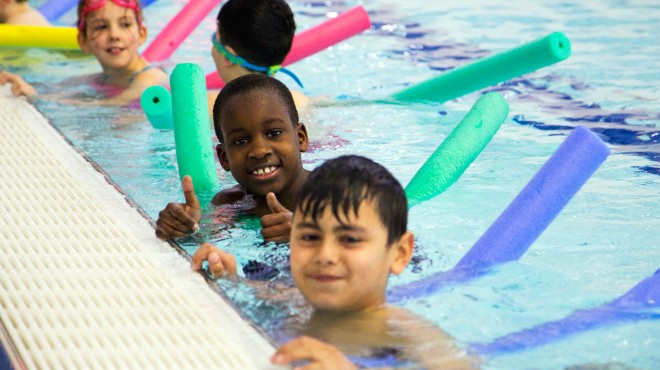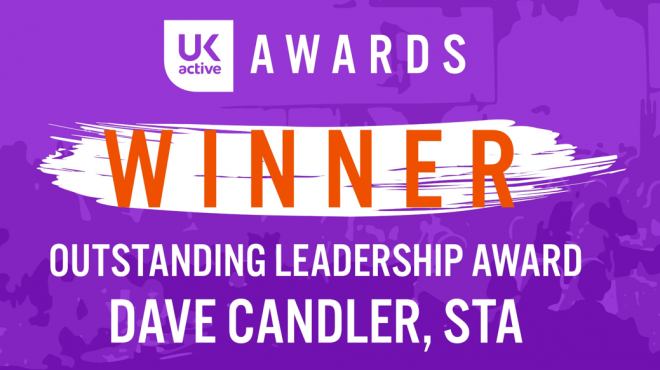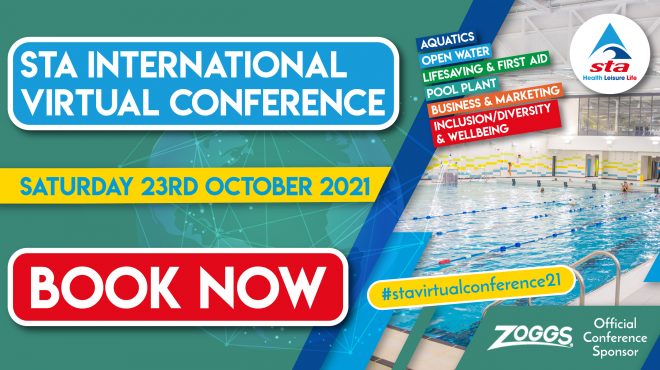Lets Dig Deeper

As a charity dedicated to teaching swimming and water safety, reading Swim England’s report today that 3.4 million seven to 11-year-olds in England are failing to meet minimum standards outside of school is a huge concern, and it’s a concern we’ve also had for a while so we praise them for raising this important issue.
Even more worrying is today’s statistics reflect the results of a similar study we conducted in 2018, when more than a quarter of our swimming teachers said exactly the same thing – children are exiting learn-to-swim programmes too early. This shows it continues to be a problem, and that we need to start digging deeper as an industry to discuss and address the underlying issues – issues that were there pre-covid and issues that have been exacerbated as a result of the pandemic.
For me having worked in the industry for more than 25 years, I can see both sides of the coin – the swimming industry and the parent’s perspective – and in my opinion the answer to a) encouraging all parents to prioritise swimming lessons and b) keeping children in lessons until they are competent, is frustratingly not so clear cut.
From an industry perspective, the reality is that a lot of swim schools in the private sector are struggling; they are vying for pool time, facing increased pool rental, utility, insurance costs, and higher teacher costs because of staffing shortages – this all £££ adds up, and naturally has a knock-on effect on the price of swimming lessons, particularly when organising smaller size lesson groups which today’s parents want.
You can arguably compare the scenario with the current shortage of lorry drivers in the UK, and why if this continues and haulage companies have to incur increased costs, this will have on a knock-on effect with consumers facing increased prices at the supermarket checkout for food and other essentials.
For swimming, the issue of cost is unfortunately not a ‘new’ problem, and as we are already starting to see, the fallout from the pandemic is not helping the situation. Therefore, the reality, and it’s always been the same, is that there are a lot of parents / guardians who simply cannot afford private swimming lessons, or who can afford to keep children in lessons – no matter what we do, think or say. Most parents understand the importance of learning to swim, but we cannot take away the fact that cost is a huge issue for many, as per our study in 2017 when parents cited costs and time as the biggest barriers and as per this report in this week’s Sun newspaper.
Yes, everyone involved in swimming will rightly argue that parents should prioritise swimming over other activities, because it is teaching their child a key life skill, and I wholeheartedly agree, but when faced with juggling tight household budgets, choosing a cheaper activity for their child might just be their only option – after all, wages aren’t increasing and living costs are getting higher.
For many children, sadly, their only hope of learning to swim is at school, which is why the decline in school swimming is so worrying for our next generation and why it should be a priority – what we don’t want to see is an even wider socio-economical gap in the future (as per my school swimming blog post in May) because every child, no matter what their parent’s financial situation is, should be given the opportunity to learn how to swim – a key life skill.
On a final, but very important point, I also believe from a water safety perspective that we need to think carefully about ticking a box that says a child is a ‘competent’ swimmer – they may be competent in a warm safe pool environment, but might this give them a false sense of reality outside of the pool hall? If yes, this could potentially be very dangerous and its why I would argue every day that water safety education for pre-schoolers, and primary and secondary-aged children is equally as important as learning the practical competency swimming skills.
To this end, we are determined to keep questioning and pushing these issues. We will also continue to work creatively in support of our members, swim school partners and brand partners (we already have exciting plans in place for 2022!), and we will keep working with Sport England, ukactive, Sport and Recreation Alliance, CIMSPA and the National Water Safety Forum alongside other likeminded aquatic organisations, including RNLI and RLSS, to raise these concerns with the government directly so that as an industry we can start to address these worrying statistics together.

STA CEO



